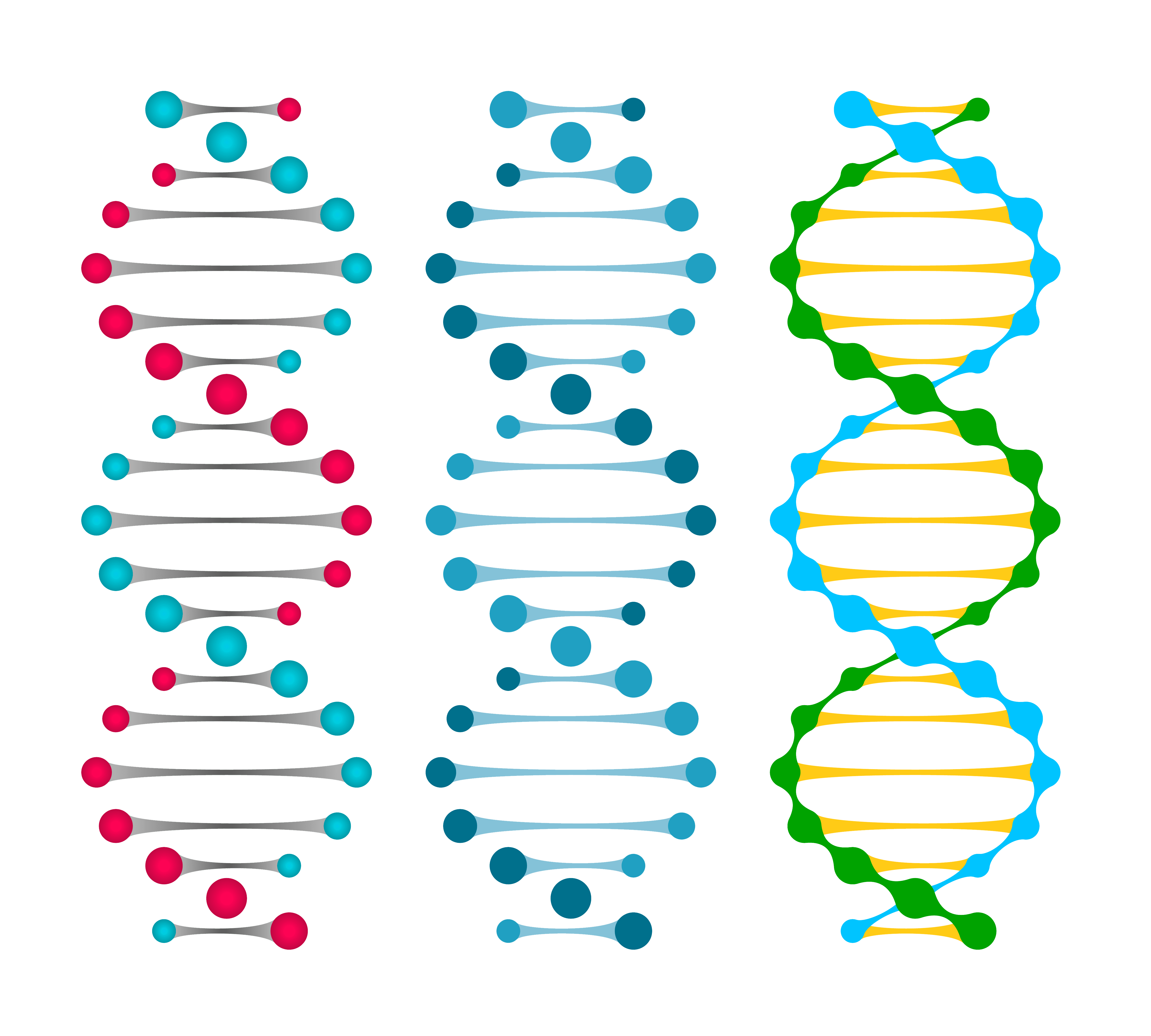The science of evolution is one that is very intriguing, what with the wealth of discoveries yet to be made, and new complexities being formed in organisms. With the understanding that groundbreaking discoveries are made every day, and that evolutionary biology is an ever-changing field, here are some suitable topics.

Evolutionary Biology Research Topics
The evolutionary biology research topics you can choose from, are as follows.
- Evolution of genomes
- Evolution of viruses
- How infectious diseases have evolved over the years
- Evolution of the immune system to tolerate modern illnesses
- Evolution of bacteria
- Evolution of population
- Evolution of parasites and parasitic relationships
- Evolution of life history
- Applications of scientific evolution
- Problems posed by evolution
- Evolution of plants in heightened sensitivity
- Genetic diversity as a form of evolution
- How natural selection affects non-coding DNA
- How species have evolved
- Microbial interactions over the years
- Evolution of species in population distribution
- How plants have evolved to withstand arid conditions
- Evolution of humans with regards to environmental changes
- Evolution of parasitic relationships between organisms
- Development of drug resistance in humans
- Development of antibiotic resistance in microorganisms
- How viruses have evolved to evade detection by the immune system
- Biotic factors that lead to evolution
- Abiotic factors that lead to evolution
- Evolution of cell structures
- The role of natural selection in the evolution of species
- Dominance in genes as a form of evolution
- Gene suppression as a form of evolution
- Contributions of Julian Huxley to the field of evolution
- Charles Darwin as the father of evolution
- How can the study of evolution lead to progress in other areas of biology?
- What is genetic drift?
- What does sexual selection have to do with evolution?
- Evolution in genes to withstand stress in modern environment
- Evolutionary development of beaks in finches
- Evolution and vestigial organs
- What biotic factors limit evolution?
- What abiotic factors limit evolution
- What is speciation, and what role does it play in evolution?
- What are some morphological evolutions that have taken place in humans?
- Morphological evolution in plants
- How have warm-blooded animals adapted to their surroundings?
- How do cold-blooded animals adapt to their surroundings?
- How have plants evolved to notice changes in their environment
- Advancements in forensic analysis
- Behaviour of fishes with respect to changes in their habitat
- How does natural selection affect coding DNA
- How do amphibians tolerate the harsh weathers?
- How has the kidney evolved to be more effective?
- How evolution allows the further exploration of organisms
- Evolution of parasitic insects
- Evolution of relationships between microbes and their hosts
- Evolution of symbiotic relationships between humans and other species
- The place of robotics in evolution
- History of evolution
- Future prospects in human evolution
- The original uses of vestigial organs
- How does natural selection happen in humans?
- Does natural selection in humans happen only on a molecular level?
- How have commensal relationships evolved over time?
- How evolution ensures diversity of species
- What does the DNA show as regards evolution?
- How to carry out phylogenetic analysis
- How does natural selection in humans differ from that of the wild
- Evolutionary elimination of recessive genes
- How has evolution increased the capacity of the brain?
- Evolution in relationships between biotic and abiotic environmental components
- How has the process of aging differed with time?
- Genetic comparisons in evolved plants
- How have bacterial infections evolved to avoid detection?
- How have memory cells evolved?
- The place of sexual selection in evolution
- How evolution has led to drug resistance
- Relationship between cladistics, and evolution
- Important contributions to evolution studies
This list contains topics from different branches of evolution, with details in fields such as wildlife biology research topics for research and biology research topics on animals, so you should have found topics that perk your curiosity and ignite your need for answers.